Several legislations intended to reduce human right abuses on supply chains have been passed since 2015. By 2018, seven of the G20 countries passed legislations on Modern Slavery. Several countries as well as European Union itself are also exploring laws similar to France’s Duty of Vigilance passed back in 2017. Just under UK Modern Slavery Act and France’s duty of vigilance, several companies are already being litigated by various components of civil society. These companies are requested to provide details of their risks and plans to better respect human rights in specific operations. A new source of legal insecurity for companies? Not really.
Human Right Abuses Duty of Vigilance Laws. Background information
UK Modern Slavery Act and France’s Duty of Vigilance laws have been the source of inspiration for several European countries (Netherlands, Germany, Switzerland, Austria, Finland), the most advanced being Germany with a draft law unveiled last February, framed in similar terms as France’s. In early October, a coalition of 80 NGOs and trade unions called for EU legislation establishing a mandatory due diligence framework on the environment and human rights for EU companies and financial institutions. This is also part of a broader follow-up to ongoing work carried out by the UN Intergovernmental Working Group on a Binding Treaty on Business and Human Rights. The 5th session was held in October 2019 in Geneva.
Civil society is obviously upwind to push for an effective and comprehensive application of the Guiding Principles. Different explicit campaigns clearly push for stronger regulations. In response, the large companies in question – and especially their legal departments – are extremely sceptical and cautious. It should be recognized that the stakes, contexts and legal responsibilities of the legal entities involved may vary significantly. The extent of the options rightly makes legal officers cautious about the myriad of unknowns before them.
In the UK, the National Crime Agency reported 5000+ potential victims of modern slavery in 2017. In France, a limited number of 3 multinational companies are being sued to date under the Duty of Vigilance law, for reasons certainly not likely to secure legal departments neither. The limited number of official cases to date is only equalled by the heterogeneity of the subjects dealt with:
- Risks of violations of workers’ rights and working conditions (employees of subsidiaries based in Colombia, Mexico or the Philippines),
- Climate responsibility (coalition of local authorities and associations in France),
- Free, prior and informed consent of local populations to a wind farm project in Mexico,
- Acquisition of land and expropriation of populations considered without “fair and adequate compensation” for an oil project in Uganda…
Human Right Due Diligence puts companies first and foremost in the face of the business risks they must identify and manage vis-à-vis their own investors and other stakeholders
“If a driver knocks down a victim, is it necessarily the victim’s fault? Let us not use human right laws to see legal uncertainty where there is above all a lack of professionalism in multinationals in the conduct of a duty of vigilance necessary for the proper conduct of business”.
The UN Guidelines on Business & Human Rights are very clear, and call for a focus on impacts, and how companies can demonstrate their ability to identify risks and mitigate those risks.
In response, the concept of due diligence undeniably expands the long list of legal and regulatory tools demanding multinational companies to identify any risks related to environmental, health/safety and human rights issues. In this sense, human right due diligence laws certainly reinforce legal instability for companies.
But this analysis is wrong. This analysis is not starting from the right angle. Let’s take the simple example of a road accident with a driver who takes a vehicle he/she doesn’t know (do the brakes work well?), to drive in a country with uses that would be unknown to him/her (we drive right or left here?), by taking the wheel of a vehicle without even having passed his/her driving license. This driver hits and kills a passer-by. Is the passer-by necessarily responsible for the accident?
A parallel logic applies very well to the whole binding and non-binding human right corpus made available to States, multinationals and civil society to regulate and ensure business operates in a responsible manner. To make sure there’s no hit-and-run driver. To ensure that it is not the victim who should apologize for crossing the road, but the driver who takes responsibility. The driver is then, of course, welcome to demonstrate that he/she was fully liable and that the victim made a mistake. This is already a completely different discussion though.
We will not take position nor share any opinion related to actual cases being instructed in the UK nor France. However, we can also rely on in-depth field experience to encourage any company to demonstrate its ability to work professionally to conduct its own due diligence through its projects in order to secure its own assets! And build trust already with stakeholders such as investors, local authorities or people living near industrial projects…
Looking at the cases being instructed in the UK or France, the business case is strong to see companies managing the following issues with best standards – whether new human right regulations may be passed or not, the later being secondary:
- Taking risks of violations of workers’ rights, working and living conditions for employees means taking the legal and financial risk of increasing workplace accidents,
- Taking responsibility for climate change means being able to project a business and an asset onto a 1.5 degree trajectory today, and to engage investors to explain the plan in place to transform and adapt business to a climate constrained world, create value and long term growth despite a climate risk that is exploding before our eyes. This means following the recommendations of the Task Force on Climate-Related Financial Disclosures (TCFD) to this effect,
- Local consultation and land acquisition are always sensitive. This is not a scoop for anyone who has worked on these issues. Before making technical and industrial plans, relying on local authorities to carry out these activities, it is imperative for business to carry out additional work to find out in which terrain business is entering, and what extra-financial risks are to be taken into account. In Mexico, for example, the concept of ejidos makes the acquisition of land and the development of industrial zones particularly complex. We have seen sites set up and then see heirs coming years later to claim their due….
So, as we can see, what makes the difference between a driver and a responsible driver is professionalism. The responsible driver knows that his/her car is in good condition, that he/she has the proper licence and that he/she knows the local driving habits. If a drunk passer-by appears at the last minute on the lower side, he or she is able to justify in good faith his or her approach and attitude. The same approach applies to multinationals no matter complexity of their operations. The legal uncertainty to which these companies are exposed begins first and foremost with the professionalism with which they systematize their ability to identify and focus on the most significant impacts associated with their activities – from the perspective of potential victims, demonstrate their ability to identify the associated risks, and prove their ability to deliver best efforts to mitigate those risks.
Conclusion. Human Right Due Diligence Laws Encourage Drivers to Become Responsible Drivers
Faced with these types of risks inherent in their businesses, multinational companies may be tempted to remain silent on human rights issues. A way to avoid getting into the hard subjects, asking the right questions, and seeing if hopefully everything will go well.
Bad reasoning. In the United States, which is known precisely for the legal caution of business decision-makers, obligations regarding transparency and disclosing of non-financial risks is an imperative. This is recalled in this Harvard Law School Forum document.
Let us not reverse the responsibilities of the victims. Professionalism and the consideration of human rights in the management of companies is a lever among others for risk management and mitigation. Source of legal uncertainty comes first and foremost from poor understanding of such risks. Not from respect for human rights, the exercise of which follows more naturally afterwards, as a logical consequence of systemic risk management.
Président et Cofondateur. Auteur de différents ouvrages sur les questions de RSE et développement durable. Expert international reconnu, Farid Baddache travaille à l’intégration des questions de droits de l’Homme et de climat comme leviers de résilience et de compétitivité des entreprises. Restez connectés avec Farid Baddache sur Twitter @Fbaddache.

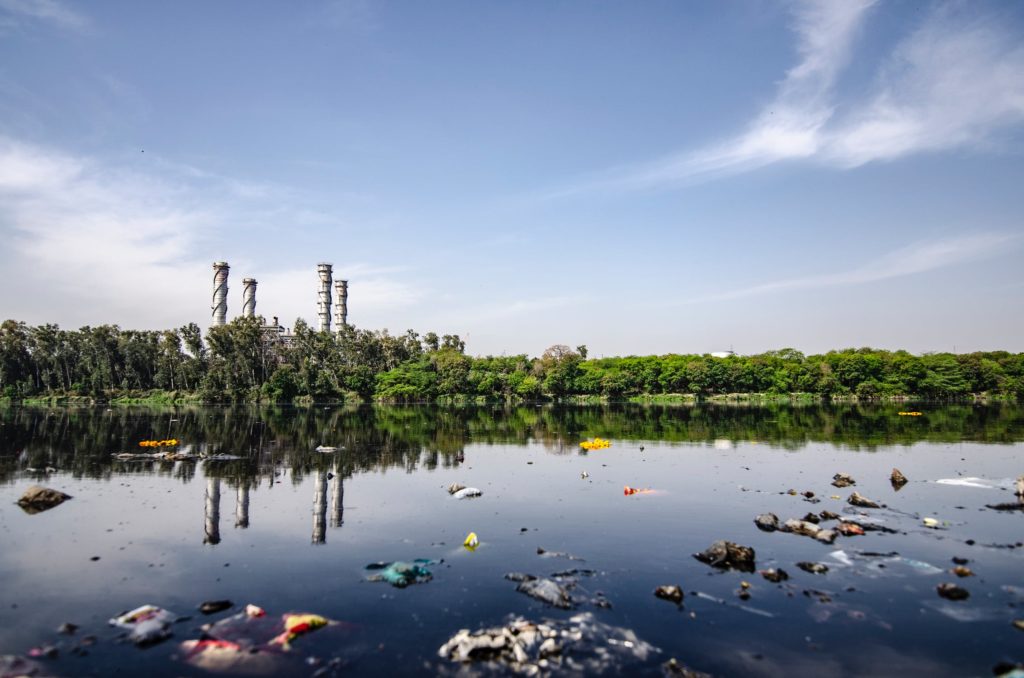





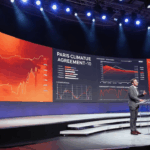








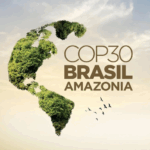














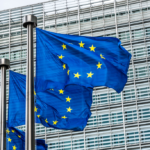






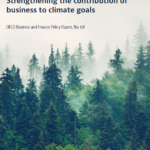

























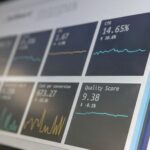







































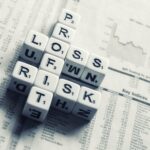

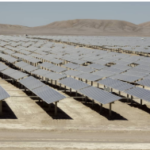

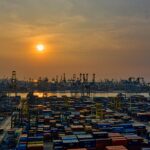











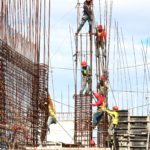
























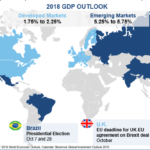













Pingback: 6 Tips to Align Sustainability Strategies With 2020+ Delivery Decade Ahead